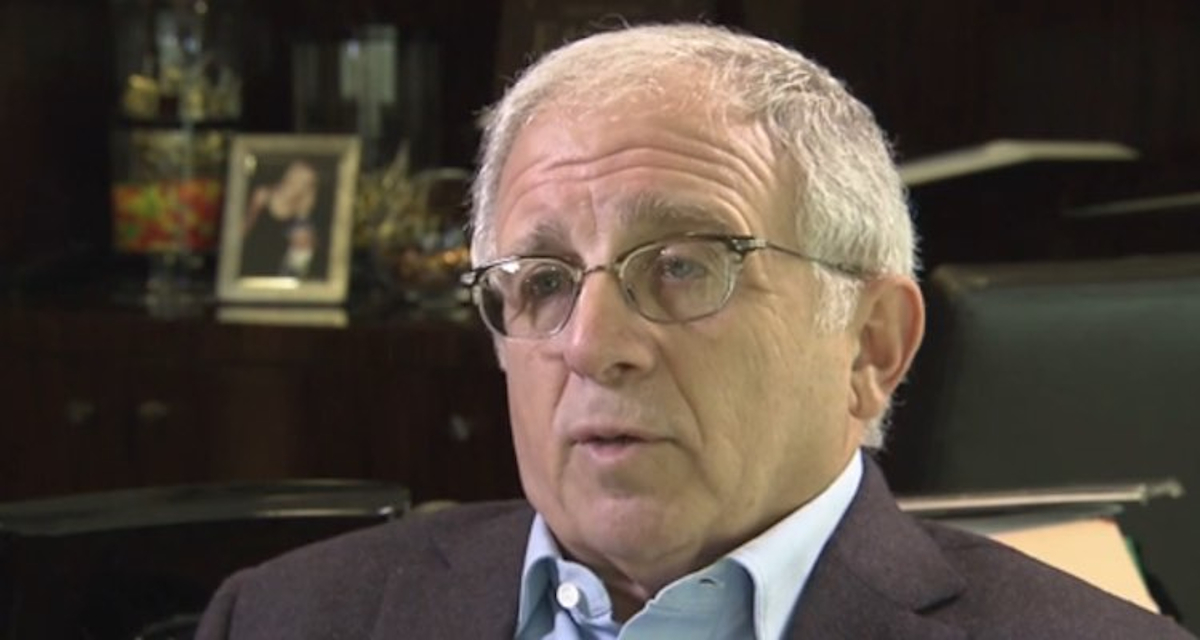
American radio stations are officially considering a conditional settlement offer between the Radio Music License Committee (RMLC) and Irving Azoff’s Global Music Rights (GMR) performance rights organization, which have engaged in a high-profile legal battle for over half a decade.
The conditional settlement offer – which “will be finalized only if a sufficient percentage of radio stations opt into” the proposed agreement between GMR and the RMLC – just recently came to light in a notice that was forwarded to member broadcasters.
Nashville-based RMLC represents some 10,000 stateside radio stations, and GMR’s catalog includes works from Ava Max, Bruce Springsteen, The Killers, Don Henley, Childish Gambino, Nicki Minaj, and Post Malone, among several others.
In brief, the RMLC accused GMR of attempting to bully major broadcasters into paying higher licensing rates – and violating antitrust laws – chiefly by leveraging its hit-driven catalog. (Unlike BMI and ASCAP, GMR isn’t subject to a price-limiting consent decree.) Nine-year-old GMR, in a complaint of its own, characterized the terrestrial-radio representative as an “illegal cartel” and said that the entity itself had engaged in bullying tactics to drive down licensing rates.
Now, after more than a few twists and turns, a possible settlement is within reach, according to the initially mentioned notice that GMR and the RMLC jointly dispatched to broadcasters.
These stateside radio stations have until Monday, January 31st, to green-light the offered GMR license, with the PRO sending “each broadcaster a direct communication about the settlement which is confidential and should not be discussed outside your radio group,” according to the text.
Bearing in mind the “confidential” nature of the settlement, its terms haven’t yet been publicly revealed. But the boards of GMR and the RMLC have voted in favor of the deal, which the parties acknowledged arrived after “great cost to both sides, in terms of both time and money.”
If approved by a “sufficient percentage” of American radio stations, the compromise’s “long-term license agreement” would go into effect on Friday, April 1st, 2022.
After disclosing that the settlement likewise “reflects changes in the licensing landscape, including growth in GMR’s roster,” the authors “strongly encourage” recipient radio stations “to consider this negotiated settlement offer if your stations desire to continue publicly performing songs in the GMR repertory.
“GMR has not made any commitment to offer any other license to radio stations after the current interim license expires on March 31, 2022,” the document emphasizes towards its conclusion. “That means, if this settlement fails and the litigation continues, there is no guarantee GMR will make another license available to your stations at all, much less at the prices in this settlement.”

